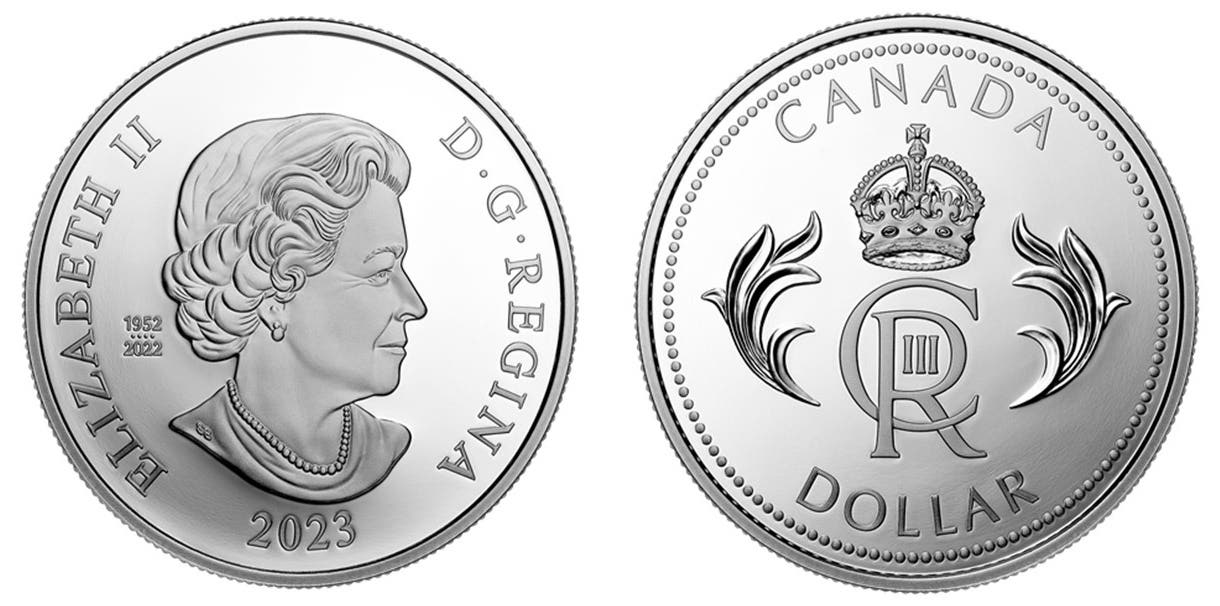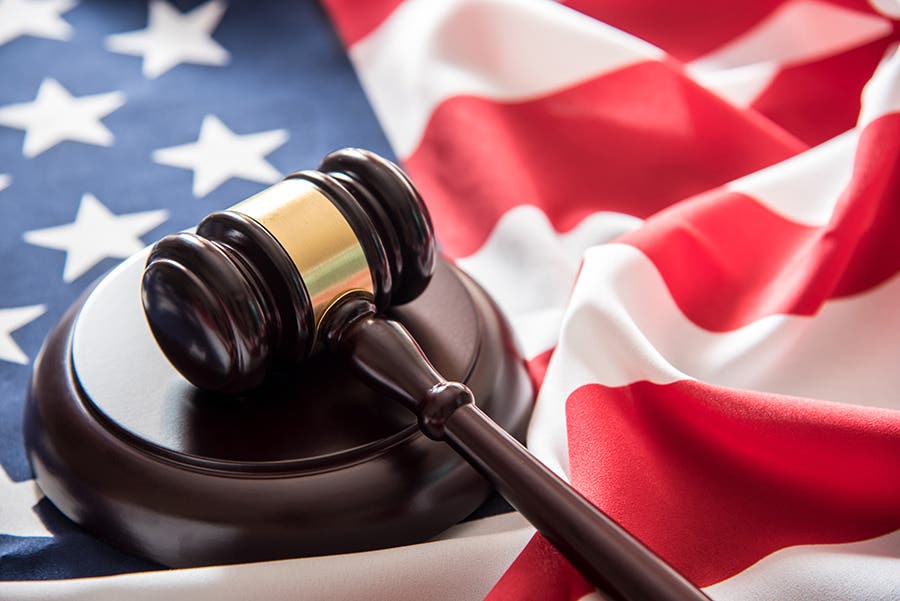Can Coins And Currency Help Protect National Security?
As nations edge closer to cashless societies, could the decline of physical money impact national security? Surprisingly, coins and currency may play a role in safeguarding economies
Over time, more and more financial transactions are conducted without using coins and currency. Even the writing of checks is diminishing. Instead, ever higher percentages of transactions are conducted electronically.
Although Americans are well along the way toward fewer transactions using coins or currency, Sweden and Norway are the closest to becoming cashless. Six years ago, the former deputy governor of Sweden’s central bank predicted that his country would eliminate the use of cash by 2025.
While it is still legal to spend coins and currency in Sweden, shops and restaurants can refuse to accept such payments if they post a notice stating their restrictions on payment methods. In Norway, many retailers no longer accept cash payments, which has locked out about 600,000 residents who don’t have access to digital services.
There could be a massive negative to doing away with using coins and currency for payment. The triggering event was Russia’s invasion of Ukraine in early 2022. As part of the conflict, there has been a considerable increase in cross-border hybrid warfare and cyber-attacks.
Russia’s invasion of Ukraine prompted Sweden to join the North Atlantic Treaty Organization. Since then, Sweden has completely overhauled its defense and preparedness strategy. The security rethink even extends to how people pay for goods and services.
Last month, the Swedish government sent a brochure titled “If Crisis or War Comes " to every home in the country. In this document, the government advises people to use cash payments regularly and keep at least a week’s supply of purchases in cash.
The Swedish government is also considering legislation that requires the ability to pay cash for certain essential goods.
In Norway, new legislation that took effect October 1st imposes fines or sanctions on retailers who do not accept cash payments. The Norwegian justice and public security ministry said it “recommends everyone keep some cash on hand due to the vulnerabilities of digital payment solutions to cyber-attacks.” There is also concern about power outages impairing electronic commerce.
If this caution is worth taking in Norway and Sweden, how about you?
Last week’s numismatic trivia question.
Last week, I asked—Which US President’s son served as Register of the Treasury for the Confederate States of America who, in this capacity, was a signer on some Confederate bonds and their interest coupons? The answer is Robert Tyler, the oldest son of US President John Tyler. During his father’s time as president, Robert Tyler served as his personal secretary. Robert Tyler later served as the Confederate Register of the Treasury from 1861 to the end of the Civil War in 1865. In this capacity, he was one of dozens of people whose signatures appeared on Confederate bonds.
This week’s trivia question
Here is this week’s question. Why did ancient Romans sometimes put a silver denarius in milk and other beverage containers? Come back to next week's column for the answer.
You may also like:








